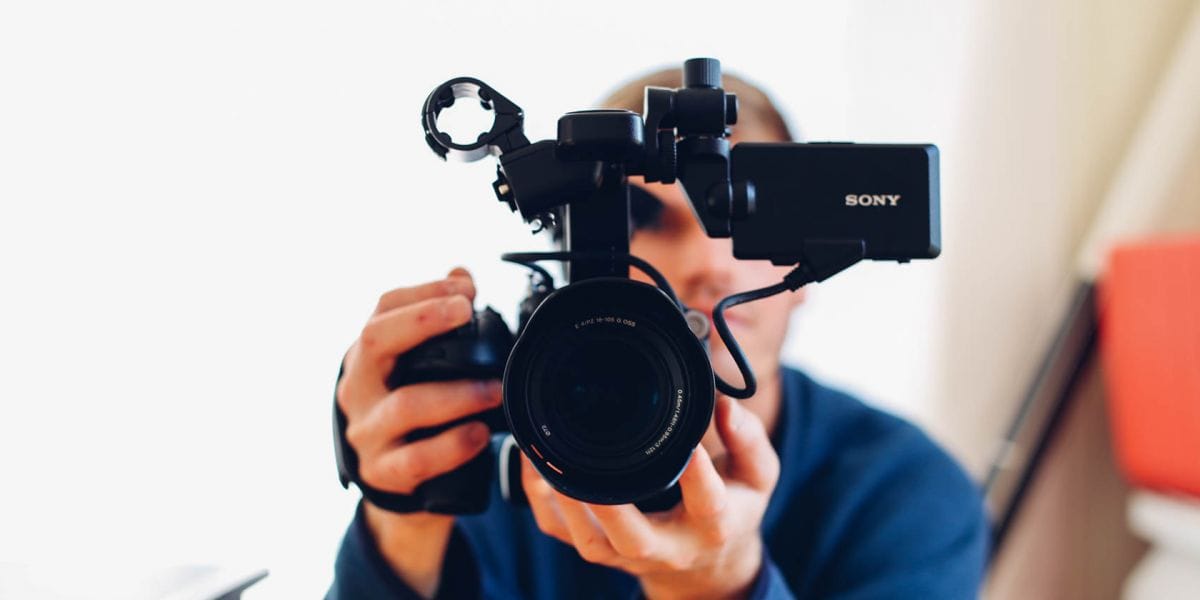Why Lawful Videography Is Crucial for Accurate Legal Record-Keeping
In the world of legal process, the accuracy of record-keeping is extremely important, and lawful videography arises as a crucial device in this context. As we discover the multifaceted advantages of lawful videography, one should consider its ramifications for the future of judicial integrity and openness.
Relevance of Visual Proof
Developing the relevance of aesthetic evidence in legal process is critical for making certain exact record-keeping and boosting the overall honesty of the judicial procedure. Aesthetic evidence functions as an essential tool in recording occasions, problems, and various other important details that might be essential to a case. Unlike written accounts, which are vulnerable to interpretation and predisposition, aesthetic recordings provide an objective, unalterable depiction of realities as they took place.
This form of evidence can capture a selection of components, consisting of witness habits, ecological context, and physical proof, every one of which may influence judicial outcomes. By offering a clear and detailed visual narrative, lawful videography gets rid of uncertainty and helps to preserve the authenticity of the proof.
Additionally, visual evidence can be critical in decreasing conflicts over factual discrepancies, as it permits a direct comparison versus statement and other recorded records. In an era where electronic innovation is progressively prevalent, the capacity to present aesthetic proof successfully can substantially enhance the total quality of lawful process. Eventually, the incorporation of aesthetic evidence not only bolsters the documentation procedure but additionally strengthens public trust fund in the judicial system by promoting transparency and liability.
Enhancing Testimony Trustworthiness
The assimilation of legal videography right into courtroom process considerably boosts the reliability of witness testament. By catching the nuances of verbal and non-verbal communication, video recordings provide a more extensive representation of a witness's disposition, emotions, and integrity. This visual paperwork permits jurors to observe the witness's body language, face expressions, and general behavior, which are essential components that can influence their understanding of testimony credibility.

In addition, the visibility of video footage can deter witnesses from providing deceptive or exaggerated statements, as they realize that their testament is being recorded. This liability strengthens the integrity of the judicial procedure. Eventually, lawful videography works as a crucial device in guaranteeing that witness testimony is not just accurately discover here depicted yet likewise viewed with enhanced credibility by all celebrations included.
Comprehensive Record Conservation
Comprehensive record conservation is vital for maintaining the stability of legal process. Legal videography works as a vital tool in this process, offering an exact visual and acoustic account of testaments, depositions, and other crucial moments in a case. Unlike standard written records, video recordings record the nuances of body language, tone, and emotion, which are vital for comprehending the context and intent behind declarations made during legal proceedings.
Incorporating audiovisual aspects right into record-keeping boosts the conservation of proof, making certain that it stays intact and easily accessible throughout the legal process. This is especially important in cases where the dependability of witness statements may be challenged, as aesthetic recordings can substantiate cases and provide clarity. In addition, video clip documents can be indispensable during appeals or retrials, providing an unaltered depiction of the original statement.

Additionally, the capability to examine video evidence enables lawyers to determine essential information that may have been ignored in composed records. By preserving a detailed archive of lawful process via videography, law office can copyright the highest possible criteria of precision and accountability, ultimately contributing to a fairer judicial process.
Streamlining Lawful Process
Simplifying lawful process is necessary for improving effectiveness and lowering hold-ups within the judicial system. Lawful videography functions as an essential tool in achieving this objective by supplying clear and precise visual documentation of court hearings, depositions, and testaments - legal videography. This modern technology enables for real-time recording, making sure that all spoken and non-verbal signs are recorded, which can assist in quicker resolution of disputes
The integration of videography right into legal processes reduces dependence on traditional approaches, such as prolonged transcripts, which can be taxing to create and evaluate. By having access to tape-recorded video footage, lawyers can promptly reference vital minutes, boosting their ability to prepare and present instances successfully. This immediacy likewise assists in the clearing up of testaments, minimizing the potential for false impression.

Admissibility in Court
Exact paperwork is crucial not only for effectiveness check but additionally for making sure that evidence is permissible in court. Lawful videography offers as a critical device in this process, supplying a reputable visual document of statements, declarations, and events.
To be considered permissible, legal videography has to abide by established procedures, such as correct equipment use, ideal lights, and clear audio capture. Furthermore, it is important to have actually certified videographers who comprehend the legal needs surrounding evidence collection. legal videography. The chain of custody should likewise be maintained to stop any kind of claims of tampering or modification
In addition, lawful videography can improve the persuasiveness of proof by giving jurors with a direct sight of the testimony, enabling a my latest blog post much more involved understanding of the case. In summary, the combination of legal videography into record-keeping not only supports effectiveness yet additionally bolsters the integrity and admissibility of evidence in court proceedings.
Conclusion
In final thought, legal videography plays a crucial function in ensuring exact legal record-keeping by offering objective aesthetic documentation. Ultimately, the consolidation of lawful videography right into the judicial process advertises transparency and boosts public count on in the integrity of the legal system.